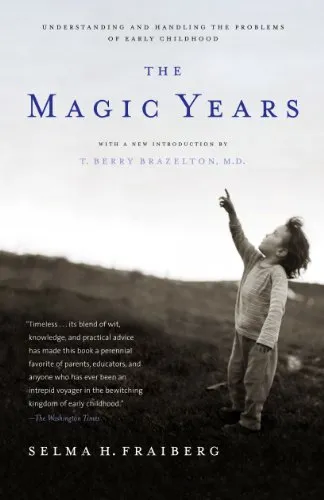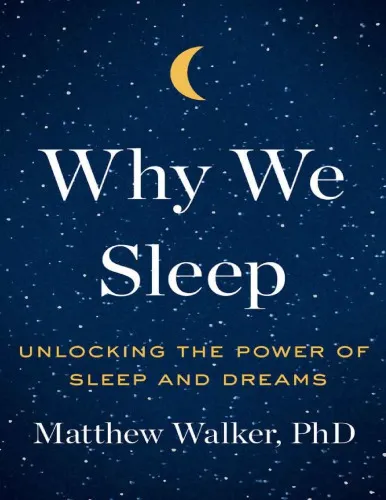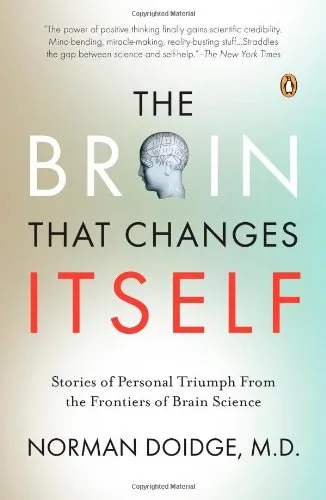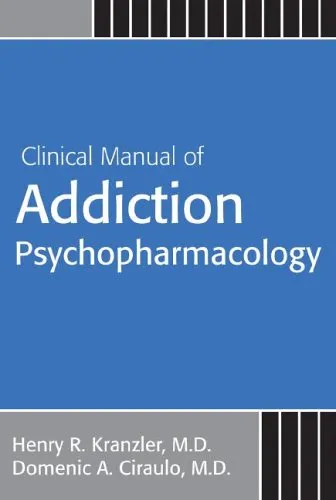Addiction Recovery Management: Theory, Research and Practice (Current Clinical Psychiatry)
4.5
Reviews from our users

You Can Ask your questions from this book's AI after Login
Each download or ask from book AI costs 2 points. To earn more free points, please visit the Points Guide Page and complete some valuable actions.Related Refrences:
Introduction to Addiction Recovery Management: Theory, Research and Practice
Addiction Recovery Management: Theory, Research and Practice is a pioneering work in the field of addiction recovery that bridges the gap between research, practice, and real-life application. Authored by John F. Kelly and William L. White, the book delves deeply into the evolving concept of recovery management, which extends beyond the traditional treatment model to a broader, more sustained approach aimed at promoting long-term recovery. Grounded in evidence-based practices and decades of experience, this book offers professionals, researchers, and individuals with lived experience a comprehensive understanding of effective strategies to tackle substance use disorders (SUDs).
Unlike traditional models of addiction treatment that focus on acute care, this text emphasizes the importance of sustained recovery strategies and the necessity of balancing treatment services with peer-support systems, community resources, and holistic frameworks. With the rising popularity of recovery-oriented systems of care (ROSC), Addiction Recovery Management contextualizes the development of these systems within theoretical frameworks and practical implementation strategies. This meticulous volume demonstrates how recovery-focused solutions can reduce relapse rates, increase personal resilience, and encourage enduring wellness.
Detailed Summary of the Book
The book is divided into thoughtfully curated sections that examine addiction recovery from multiple perspectives. It begins by exploring the historical and cultural shifts in the understanding of addiction recovery, highlighting a growing focus on strengths-based approaches. Here, readers are introduced to recovery management principles, which represent a paradigm shift from acute treatment episodes to long-term recovery support.
Key chapters of the book focus on the intersection of science and practice. Notably, research on neurobiology, resilience, and the social determinants of health is woven into practical discussions on how to sustain recovery. The text also illuminates the role that mutual support groups like Alcoholics Anonymous (AA) and Narcotics Anonymous (NA) play, and it provides case studies of innovative recovery programs from around the world.
Further, the book emphasizes cross-disciplinary collaboration between stakeholders in healthcare, criminal justice, and community organizations to ensure the effectiveness of recovery strategies. It outlines measures to design recovery-oriented systems of care that are person-centered and adaptable to the complex needs of individuals. Finally, it concludes with future directions for research and policy that stress the importance of preventing relapse and fostering a culture of sustained recovery.
Key Takeaways
- Recovery management is about long-term, holistic care, not just acute treatment.
- Person-centered approaches and recovery-oriented systems of care (ROSC) are vital to success.
- Peer support and community-based interventions are crucial pillars for sustained recovery.
- Neurobiology, resilience, and social determinants play a significant role in recovery outcomes.
- Effective addiction recovery requires partnerships across healthcare, justice, and community sectors.
Famous Quotes from the Book
“Recovery is not simply about the cessation of drug or alcohol use; it is about rebuilding lives and reconnecting individuals to their communities and their own potential.”
“Sustained recovery involves not just treating the symptoms of addiction but addressing the root causes and empowering individuals through community resources and peer support.”
Why This Book Matters
Addiction Recovery Management: Theory, Research and Practice is an indispensable resource for anyone involved in the addiction recovery field. At a time when addiction rates continue to rise globally, this book offers a much-needed guide for professionals who strive to make recovery-oriented care more accessible and effective. It challenges traditional practice models, inspiring a shift towards innovative, evidence-backed approaches that prioritize the individual’s long-term recovery journey.
This book is also crucial for policymakers, healthcare administrators, and community leaders who are working to design better systems for addiction treatment and recovery. By championing a collaborative care model that includes professionals, peers, and families, the book underscores the necessity of wrapping recovery efforts around individuals in ways that are sustainable, culturally sensitive, and person-centered.
Finally, its extensive focus on education and empowerment makes it a valuable tool for recovery advocates and individuals affected by addiction. Whether you are a clinician, researcher, or someone on a recovery journey, this book provides insights that encourage hope, resilience, and lasting transformation.
Free Direct Download
You Can Download this book after Login
Accessing books through legal platforms and public libraries not only supports the rights of authors and publishers but also contributes to the sustainability of reading culture. Before downloading, please take a moment to consider these options.
Find this book on other platforms:
WorldCat helps you find books in libraries worldwide.
See ratings, reviews, and discussions on Goodreads.
Find and buy rare or used books on AbeBooks.
1353
بازدید4.5
امتیاز0
نظر98%
رضایتReviews:
4.5
Based on 0 users review
Questions & Answers
Ask questions about this book or help others by answering
No questions yet. Be the first to ask!















